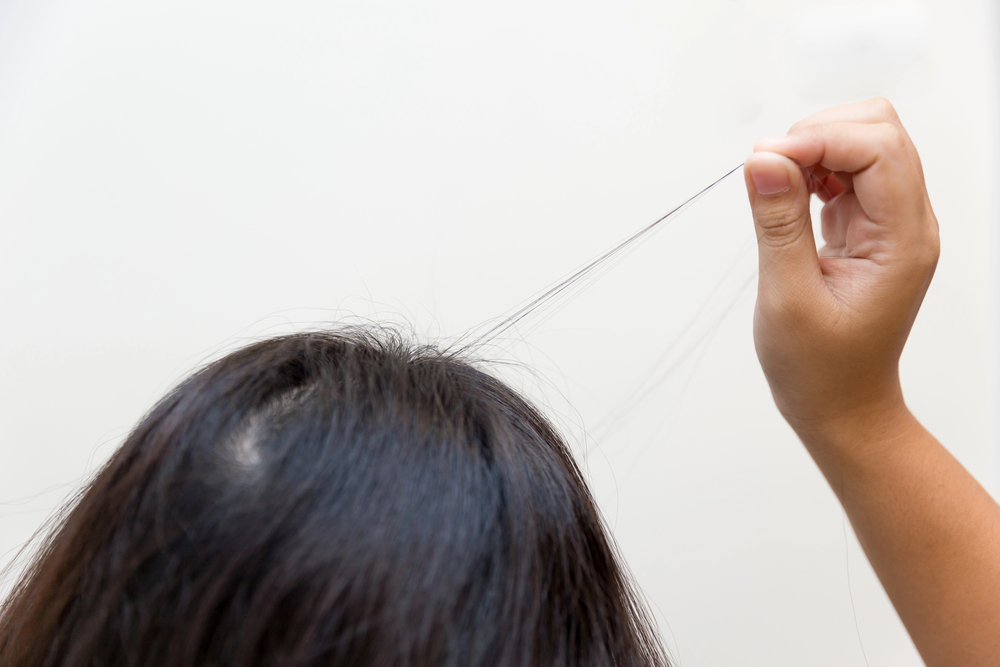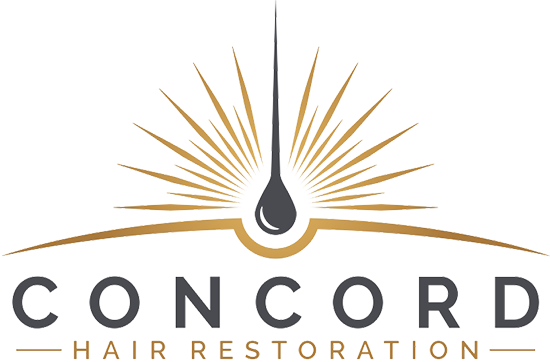Trichotillomania
Trichotillomania (trich for short) is a hair loss condition with a psychological component. People with trich have an irresistible urge to pull out their hair, leading to noticeable bald patches.

Symptoms of Trich
- Repeated hair pulling that results in visible hair loss
- Increased tension before pulling or while resisting the urge
- Feeling pleasure, satisfaction, or relief after pulling
- Significant distress or difficulty functioning due to hair pulling
Causes of Trich
The exact cause of trich is unknown, but anxiety is a common factor. Other possibilities include genetics, OCD, and stress.
Diagnosing Trich
Diagnosis involves a review of hair pulling history, observation of behavior, and sometimes microscopic examination of broken hair.
Treating Trich
There’s no one-size-fits-all cure, but two main approaches exist:
- Cognitive-behavioral therapy (CBT): CBT helps identify triggers for hair pulling and develop healthier coping mechanisms.
- Medication: Some medications may be helpful, but a doctor will determine if they’re appropriate for your specific case.
Hair Transplants and Trich
Hair transplants are generally not recommended for active trich cases. Hair often regrows after addressing the underlying cause and stopping hair pulling. However, regrowth may be incomplete, and constant pulling can lead to permanent hair loss.
Concord Hair Restoration’s Approach
At Concord Hair Restoration, we recommend waiting at least 6-12 months after stopping hair pulling behavior before considering a transplant. This ensures the behavior has stopped and any underlying condition has been addressed. We also prefer waiting until successful completion of psychological treatment.
Our Evaluation Process
- We re-evaluate the condition 6 months after discontinuing hair pulling behavior.
- If no new bald patches appear and a scalp analysis shows no new damage, a hair transplant may be an option.
Hair transplants are only considered for stable patients who are no longer at risk of pulling their hair.
Additional Information
Consider adding a section with resources for people with trich, such as support groups or mental health organizations.
By making these changes, your page provides a more comprehensive and informative overview of trichotillomania, while still highlighting Concord Hair Restoration’s expertise in hair transplantation for suitable patients.
Concord Hair Restoration Can Help!
We offer consultations with hair loss specialists who can diagnose your condition and recommend the best course of action.
Contact us today for a free consultation in Los Angeles or San Diego.

